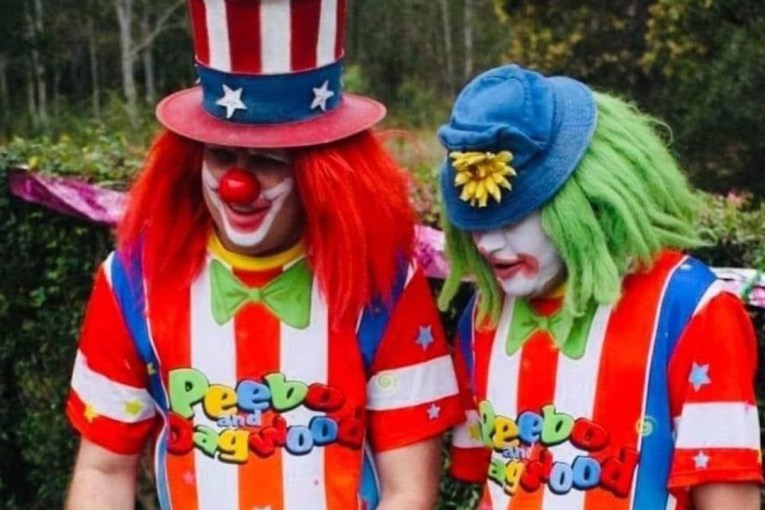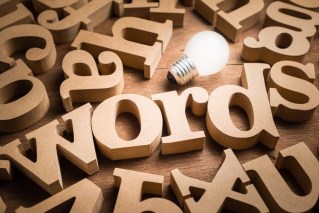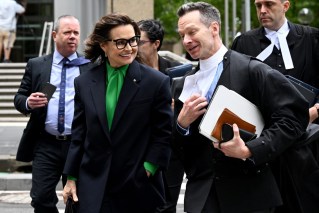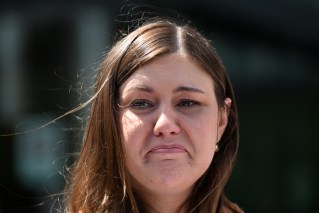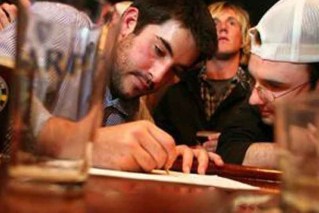Forget wishful thinking, we need big ideas to shape the political conversation
We’re all in this together – and we’re not getting out anytime soon without some big, fresh thinking, writes Dennis Atkins

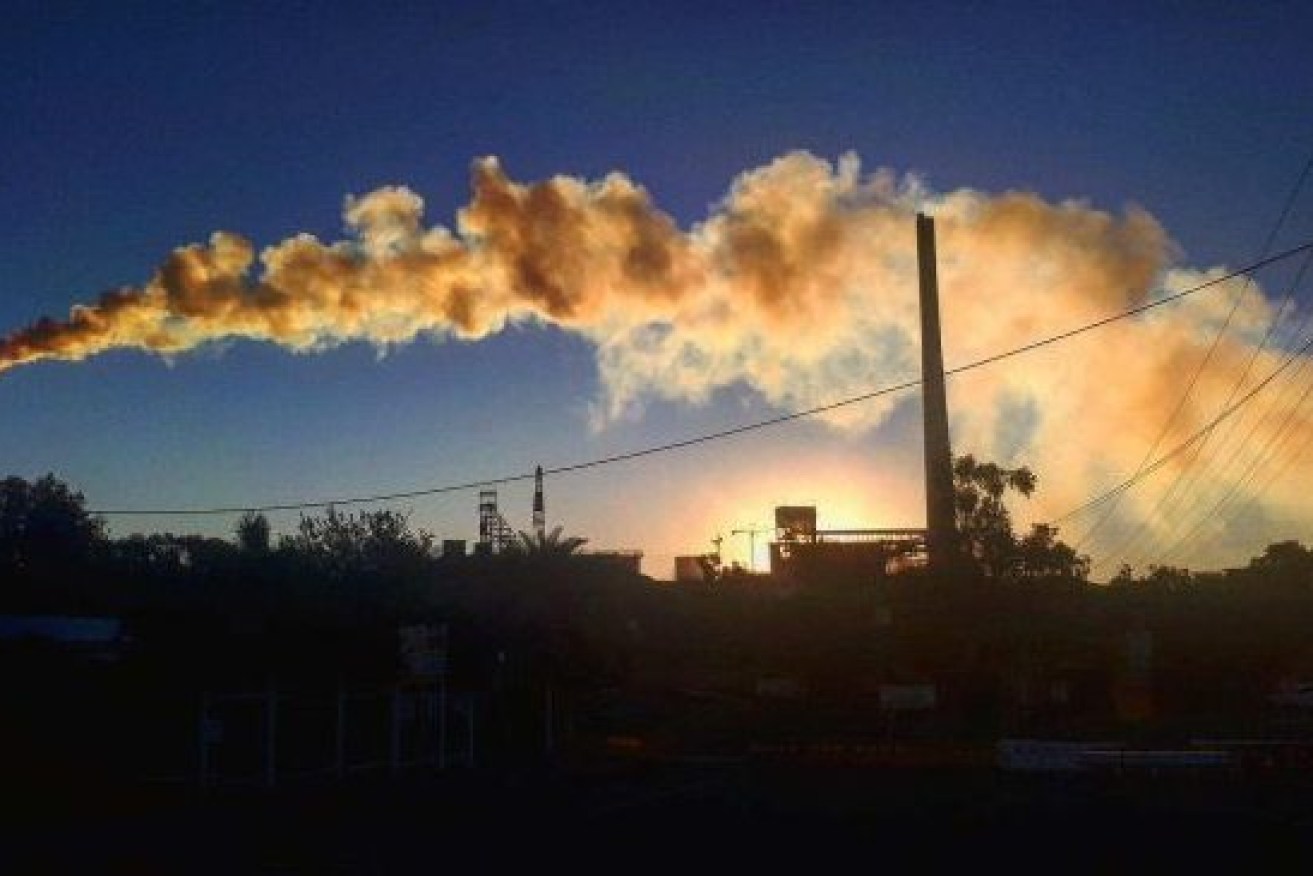
A new report says emissions are out of control with no peak yet in sight. (Photo: ABC)
The Reserve Bank and some private-sector economists are predicting a slow recovery from the economic side of the Covid-19 crisis, with a long tail – what New York Times columnist and Nobel laureate Paul Krugman says will be a “Nike swoosh” rather than a “V” or even “W” economic bounce back.
This means the economic pain – depressed growth and high jobless queues – will last much longer than the shock we’re still experiencing.
Some of the first-round economic-impact predictions being outlined today by Treasurer Josh Frydenberg belong in the wishful thinking column – perhaps magical thinking.
To say there will be more than 50,000 Queenslanders back in work from this weekend and the state will experience a $600 million-plus boost in activity misreads the lived experience of many businesses during the past six to eight weeks.
Anecdotal evidence suggests those businesses that do reopen will do so cautiously – waiting until stage 2 begins in June (or later) – and if they do move now they will make do with less, meaning fewer workers.
Also, consumers might feel some caution as well – after an initial enthusiasm to get out and enjoy what people have missed since the shutdowns began.
After the 2008/09 financial crisis, the RBA kept referring to the “cautious consumer” for five years. This time around caution is likely to be driven by not just the aftermath of a hit to personal wealth but also a fear on the health front. These factors are not going away quickly.
Australia went into this crisis with an economy that was already weak. Growth was tepid and wages were stagnant causing households to feel pain from cost-of-living pressures and consumption to remain shy – even defying the impetus of last year’s tax cuts and the usual Christmas season.
The rush-to-rescue response from the government has been good in parts. Increasing the dole is long overdue, universal child care support is a direct economic stimulus and the JopKeeper wage protection plan was a good idea that hasn’t lived up to its promise and leaves far too many people behind.
What we don’t have yet is a plan for any return to economic activity that can be made more resilient or any ideas to fill in the inevitable holes that will be apparent when the dust settles.
The Grattan Institute this week issued a plan – detailed on Monday in InQueensland – to use home-grown energy opportunities to create jobs and remake our manufacturing base.
“Australia has an historic opportunity to create a multibillion-dollar, export-focused manufacturing sector based on globally competitive renewable energy,” according to a paper written by Tony Wood, Guy Dundas and James Ha.
“Using Australia’s plentiful wind and solar resources to make energy-intensive ‘green’ commodities could create tens of thousands of jobs in regions that currently employ tens of thousands of coal miners and other ‘carbon workers’ whose jobs are threatened by global efforts to tackle climate change by cutting greenhouse gas emissions.”
The paper says a “green” steel industry could see Australia capture 6.5 percent of the global market, worth about $65 billion in yearly export revenue, creating 25,000 jobs in Central Queensland and parts of New South Wales.
“To (get this kind of new industry going) at a global scale will require big industrial workforces – such as those found in the coal-mining regions of central Queensland and the Hunter Valley in NSW,” says the Grattan Institute paper.
The Tony Wood document says governments should fund and publish pre-commercial studies of geological potential in Australia for hydrogen storage.
“Federal, state, and local governments should all play a role in coordinating land-use planning and regional development, and helping workers to retrain,” the researchers say.
“For too long, adding value to Australia’s energy and minerals resources and creating sustainable jobs through manufacturing and exporting have been the stuff of dreams.
“Not anymore. If we get this right, we will resolve the great climate conundrum that has stretched our political fabric for more than a decade.”
Frydenberg needs to get these big ideas into the conversation – along with some of the public works being proposed by state administrations and organisations such as the Local Government Association of Queensland.
The Labor Opposition is urging the Morrison Government to move in this direction, as signalled by leader Anthony Albanese on Monday and backed up today by Shadow Treasurer Jim Chalmers.
“Australia needs an economic plan,” Chalmers told Parliament. “A plan for when the economy doesn’t snap back on the Prime Minister’s political timetable. A plan that doesn’t withdraw support from the economy too early or too suddenly, in a way that cruels the recovery.
“A plan for jobs, wages and living standards. For investment, productivity and cleaner, cheaper energy. One that deals with the most pressing aspects of this crisis while we plan for the new Australia which arises from it.”
The stand taken by Albanese and Chalmers this week signals a new direction in the politics of 2020. Now it’s a serious debate about what comes next and that’s going to be very different from the “pulling in the same direction” discussion over dealing with the health crisis.
Work like that of the Grattan Institute points to some of the obvious ideas that could be taken up – and Queensland could be at the forefront of exploiting the opportunities.
